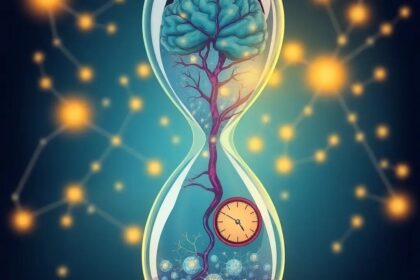A recent PLoS One study reveals that a 12-week time-restricted eating protocol improves mitochondrial function and reduces polyQ aggregation in Huntington’s disease patients. Groundbreaking rese...
Emerging research reveals how fasting and timed eating may enhance brain cell function and slow neurodegenerative disease progression through autophagy and mitochondrial efficiency. New studies demons...
Exploring the science behind intermittent fasting, its effects on weight loss, insulin sensitivity, and recent research on its benefits for prediabetes and hypertension management. Recent studies high...
New research suggests time-restricted eating may improve mitochondrial function and reduce protein aggregates in early-stage Huntington’s disease patients. Emerging evidence indicates TRE may offer ...
A 12-week TRE intervention with 6-8h eating windows demonstrates potential benefits for HD patients by improving mitochondrial function and cognitive scores, though adherence challenges remain. Emergi...
Recent studies show intermittent fasting benefits vary by chronotype, with morning-focused eating windows boosting metabolism by 18% for night owls. Groundbreaking 2024 research demonstrates how align...
A clinical trial at UC San Diego investigates how time-restricted eating may slow Huntington’s disease progression by improving metabolic health and reducing neuroinflammation. Researchers launc...
A 12-week clinical trial investigates time-restricted eating’s safety and efficacy in early-stage Huntington’s disease, focusing on mitochondrial function and cognitive outcomes. Groundbre...
Recent studies reveal TRE’s potential to enhance mitochondrial function and autophagy in neurodegenerative diseases, while highlighting risks for advanced Huntington’s patients. Emerging r...
Recent studies show intermittent fasting improves insulin sensitivity, boosts gut health, and may slow aging, with new protocols offering sustainable alternatives to calorie counting. Emerging researc...










